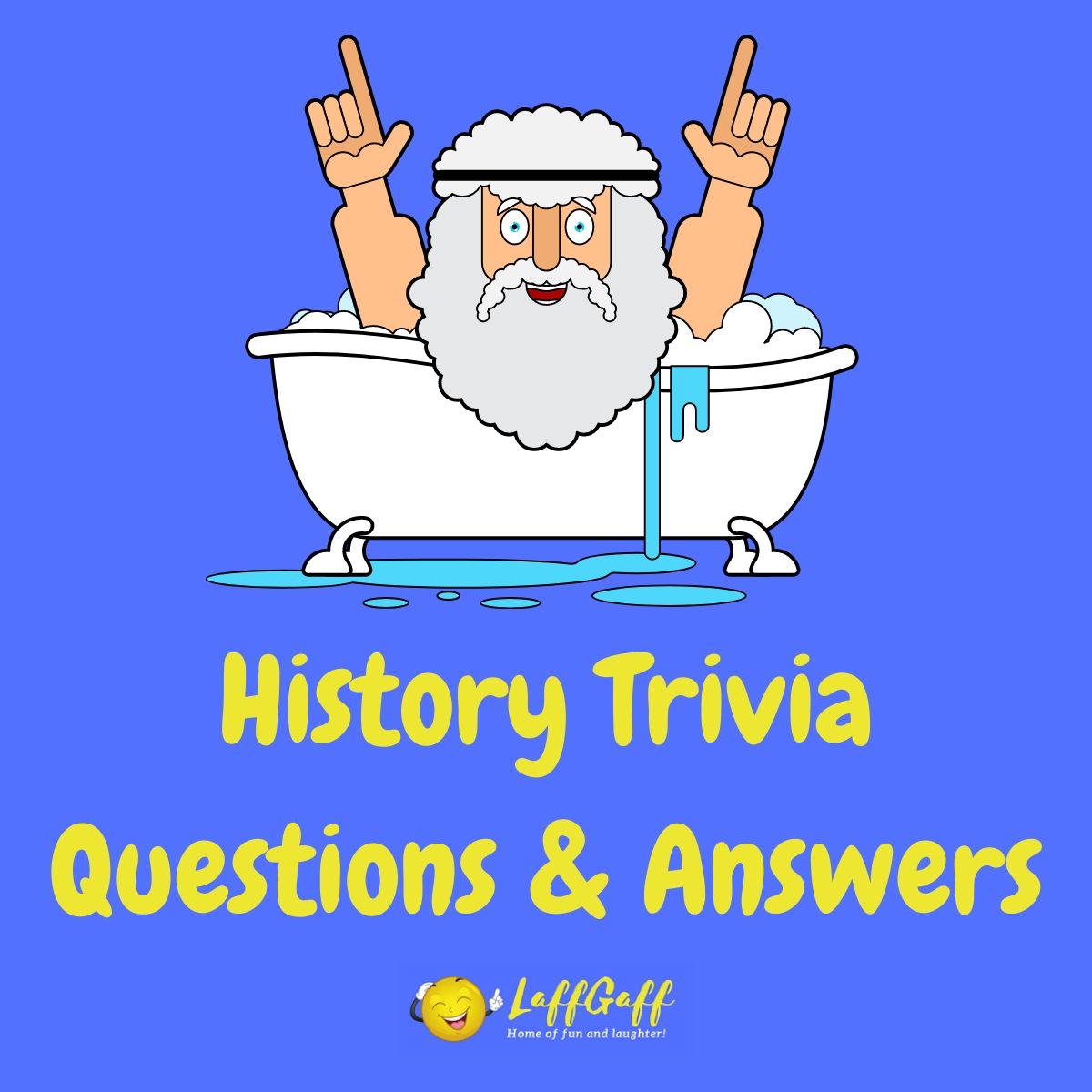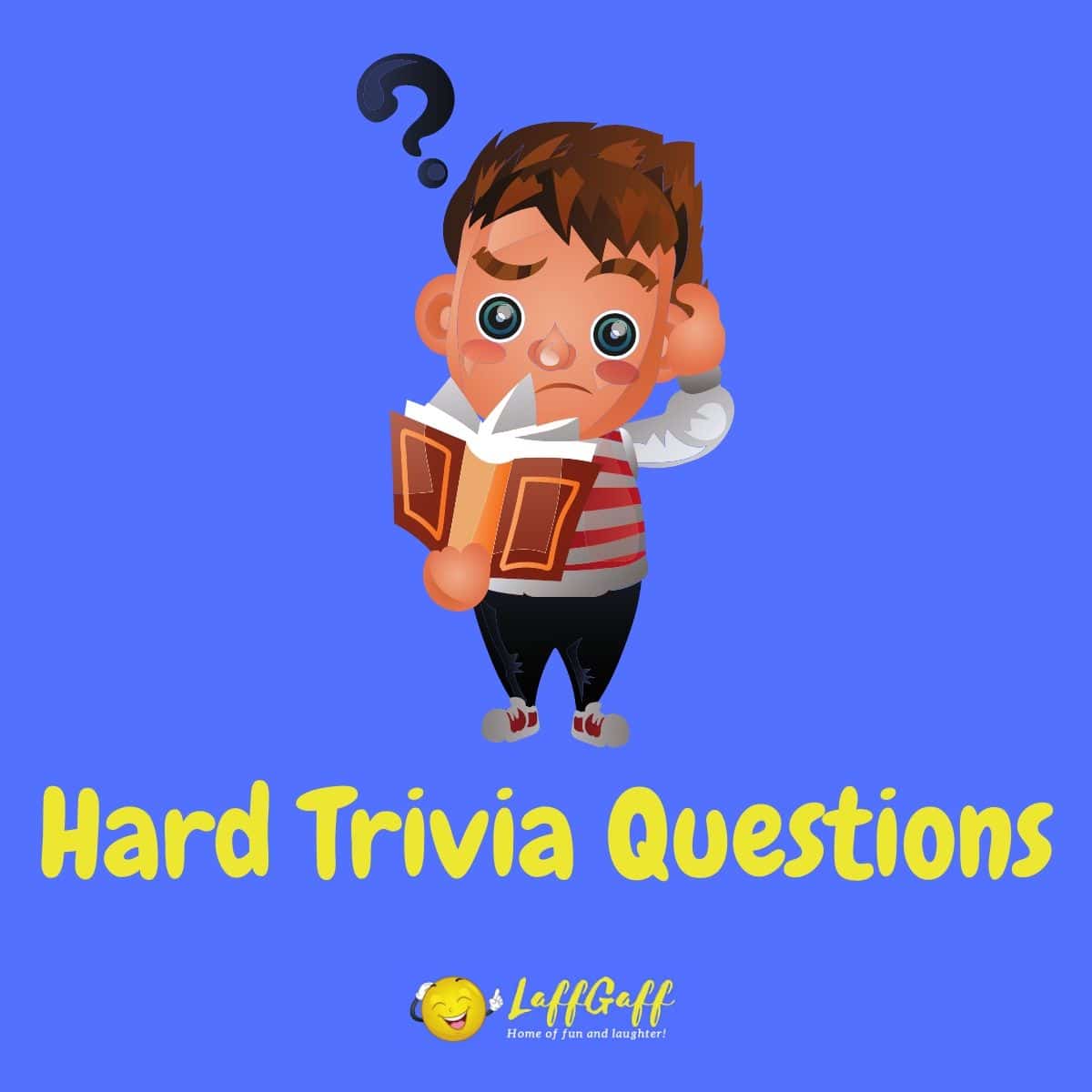Question: Who was the first prime minister of India?
Show answer
Jawaharlal Nehru.
Jawaharlal Nehru, born on November 14, 1889, in Allahabad, holds the distinction of being the first Prime Minister of independent India. An instrumental figure in the Indian freedom struggle against British rule, he was deeply influenced by his close association with Mahatma Gandhi, adopting non-violence as a pivotal principle in the fight for India’s independence.
Nehru’s educational journey took him across continents. He studied at the prestigious Harrow School in England, followed by Trinity College, Cambridge, where he pursued natural sciences. Later, he trained as a barrister at the Inner Temple in London. His return to India marked the beginning of his immersion in national politics and his deepening association with the Indian National Congress.
As the Prime Minister, Nehru’s vision was grounded in the principles of secularism, socialism, and democracy. He aspired for India to be a self-reliant nation, free from the fetters of poverty and ignorance. His contributions to India’s modern development are profound. Under his leadership, India embarked on ambitious projects in sectors such as industry, infrastructure, education, science, and technology. The establishment of the Indian Institutes of Technology (IITs), large-scale infrastructure projects like the Bhakra-Nangal Dam, and initiatives to promote scientific research, are testament to his forward-looking approach.
Nehru’s political philosophy was rooted in unity and harmony. He was a stalwart advocate of secularism, emphasizing the importance of religious harmony and tolerance in a diverse country like India. His tenure emphasized democratic ideals, promoting freedoms, and upholding the principles enshrined in the Indian Constitution.
Beyond the confines of domestic policy, Nehru was also a significant figure on the global stage. He was a vocal advocate for the Non-Aligned Movement, which aimed to create a cohesive front of countries not formally aligned with any major power bloc, emphasizing peace and cooperation.
Jawaharlal Nehru’s legacy extends beyond his role as a statesman. His affectionate bond with children earned him the fond moniker “Chacha Nehru” (Uncle Nehru). His birth anniversary is celebrated as Children’s Day in India, a reflection of his enduring love and hope for India’s younger generation.
He served as India’s Prime Minister until his death on May 27, 1964. His ideals and vision continue to shape the democratic and secular fabric of modern India.



